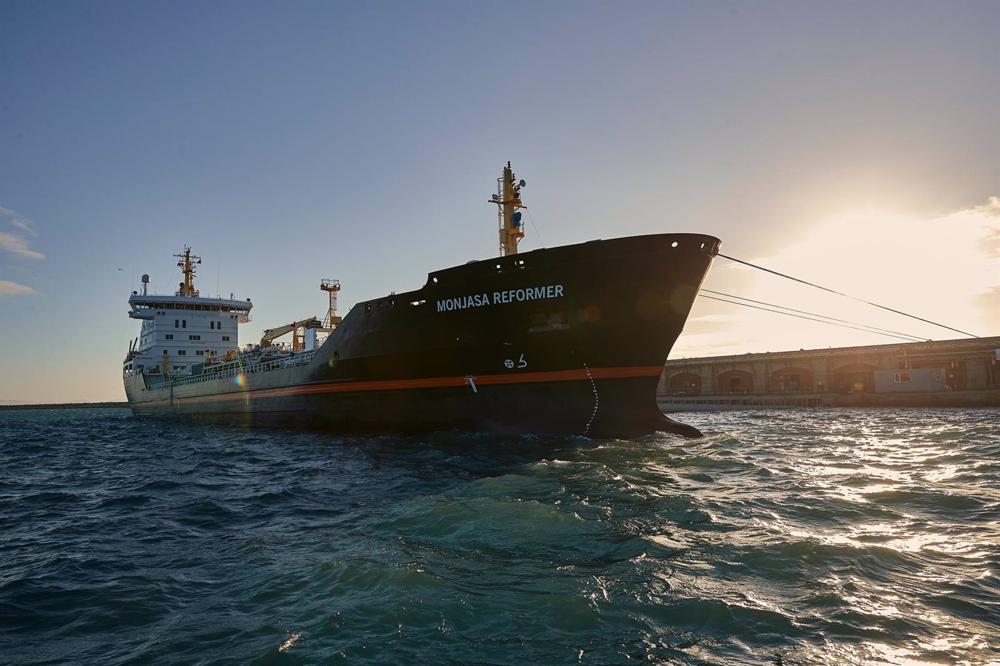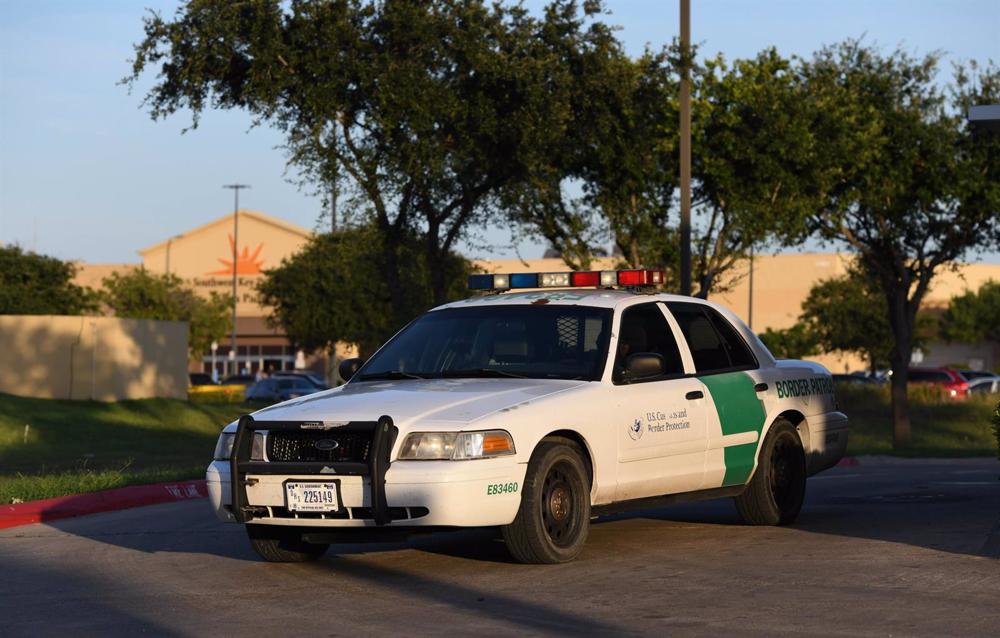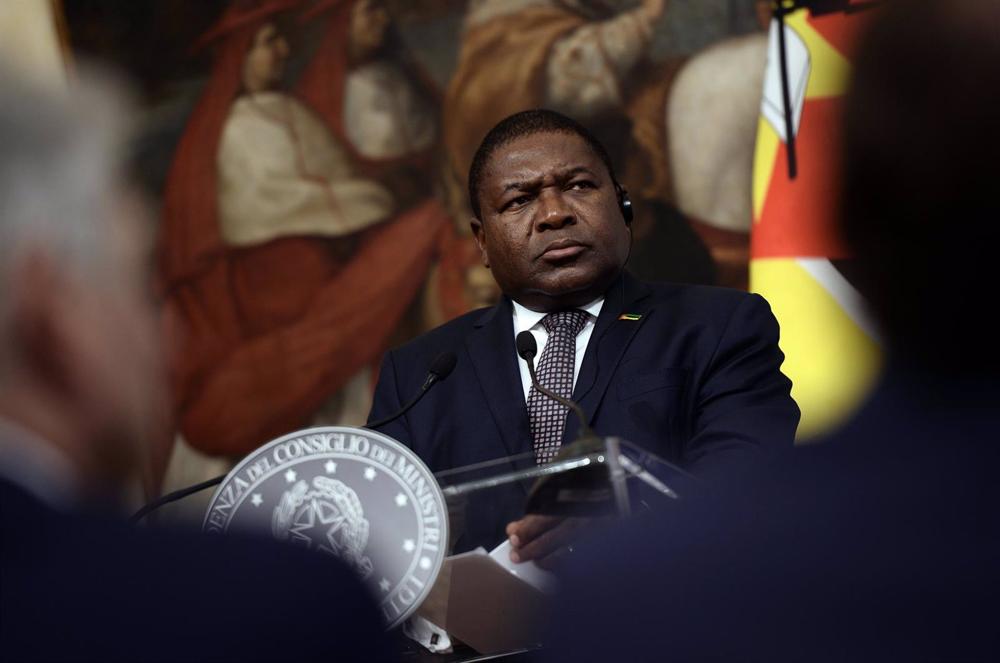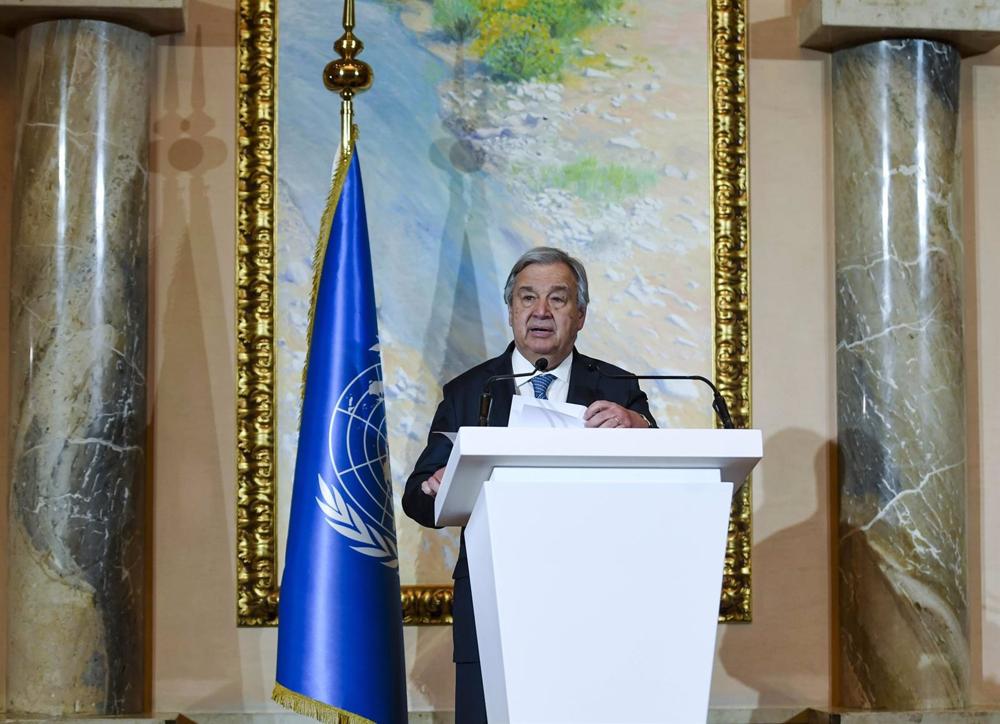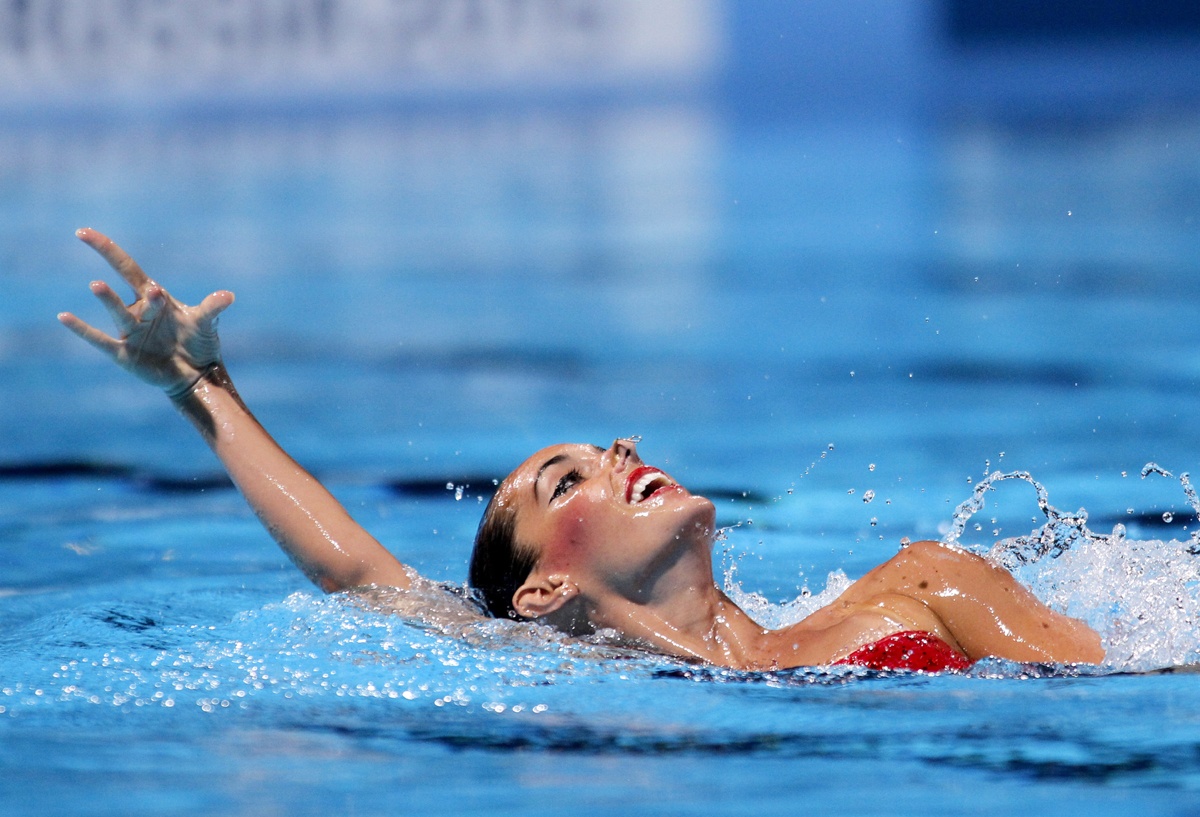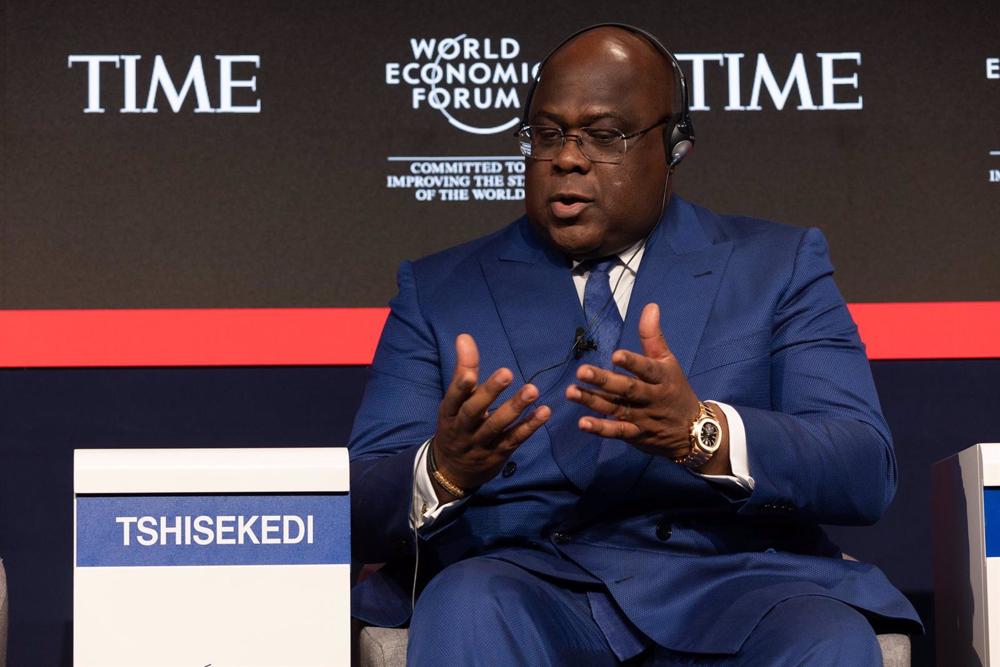
The President of the Democratic Republic of Congo (DRC), Felix Tshisekedi, has claimed that Rwanda is responsible for «insecurity in the Great Lakes region» and has again criticized Kigali for its support to the rebel group March 23 Movement (M23).
«The problem of insecurity today in the Great Lakes region is called Rwanda,» he said at the Davos Forum, while criticizing «certain belligerent neighbors» who «make it difficult» to stabilize the situation in the area.
Thus, he accused the M23 of not completing its withdrawal in the areas of the region of North Kivu (east) that it has taken during the last months in spite of the agreement for a ‘road map’ agreed in the capital of Angola, Luanda, between the DRC and Rwanda, according to the Congolese news portal Actualité.
«A ‘roadmap’ was agreed upon decreeing a ceasefire and an immediate withdrawal of the Rwandan-backed M23, with Nov. 25 for the start of the withdrawal. The process was to be completed by January 15, but the M23 remains in certain localities seized from the DRC,» he said.
Tshisekedi pointed out that «despite the pressure of the international community, the group appears to be withdrawing and redeploying in other areas», before accusing the rebels of «committing a massacre of innocents» in the town of Kishishe to «force the population to move from the town, rich in precious materials».
The Congolese president’s words came after local media reported that the M23 had withdrawn on Monday from Nyamilima, located in North Kivu, nearly ten days after storming it.
Following this, the leader of the political arm of the M23, Bertrand Bisimwa, stressed on his account on the social network Twitter that «of all the parties involved by the Luanda communiqué, the M23 is the only one to implement the recommendations made, while other parties are acting firmly and officially contrary to their obligations».
The M23 has been accused since November 2021 of carrying out attacks against Army positions in North Kivu, despite the Congolese authorities and the M23 signed in December 2013 a peace agreement following fighting since 2012 with the Army, which was supported by UN troops.
The situation has led to an upsurge in tensions between DRC and Rwanda. UN experts stated in a recent report that the Rwandan authorities maintain a «direct intervention» in the African country through their support to the group.
Source: (EUROPA PRESS)
